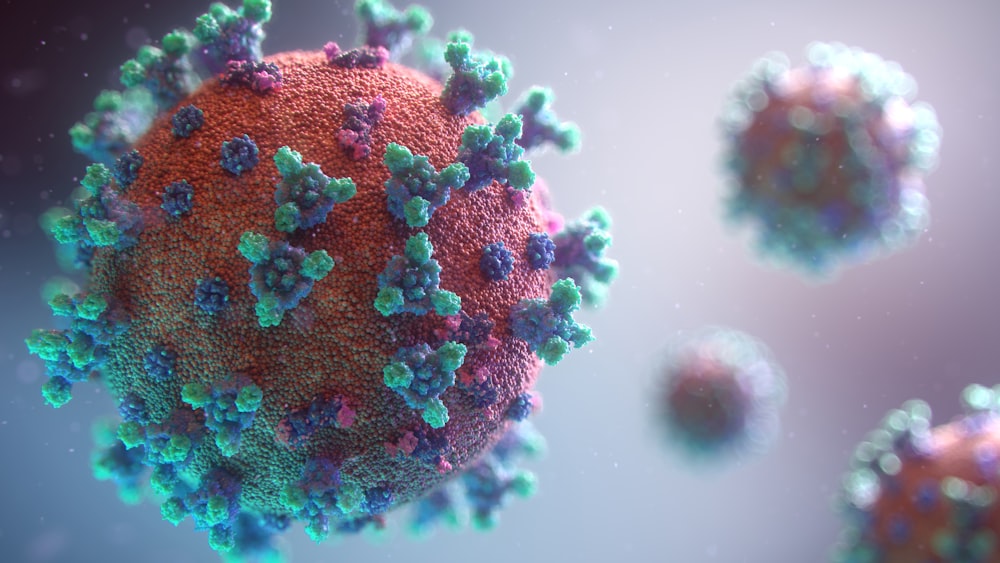Published 23:52 IST, May 19th 2024
Since the start of COVID-19 vaccinations, billions of doses have been administered worldwide, proving vaccines to be safe and effective in preventing illness.
Advertisement
Singapore is witnessing a sharp increase in COVID-19 cases, with over 25,900 new infections recorded between May 5 and 11. In response, Health Minister Ong Ye Kung has advised citizens to resume wearing masks.
"We are at the early stage of this wave, which is steadily rising," Ong stated. "We expect the wave to peak in the next two to four weeks, around mid- to late June," he told The Straits Times.
Advertisement

Significant rise in cases and hospitalisations
The Ministry of Health (MOH) reported a substantial increase in COVID-19 cases, jumping from 13,700 the previous week to 25,900 from May 5 to 11. Hospitalizations have also risen, with the average daily number of patients increasing to about 250 from 181 the week before. Although ICU cases have remained low, they have seen a slight increase from two to three per day.
To manage hospital capacity, public hospitals are reducing non-urgent elective surgeries and transferring suitable patients to transitional care facilities or home care through the Mobile Inpatient Care@Home program. This initiative allows clinically suitable patients to receive treatment at home.
Advertisement

Vaccination encouraged for high-risk groups
Health Minister Ong emphasised the importance of vaccination for high-risk groups, including those aged 60 and above, medically vulnerable individuals, and residents of aged care facilities. He urged these groups to get an additional COVID-19 vaccine dose if they have not done so in the past 12 months.
Ong warned that if COVID-19 cases double again, the healthcare system will face significant strain, potentially reaching 1,000 patients in hospitals. "One thousand beds is equivalent to one regional hospital," he noted, stressing the need for the healthcare system to be prepared for such a scenario. While no new social restrictions are planned, the focus remains on maintaining hospital readiness.
Advertisement
Singapore’s position as a global hub
Ong also highlighted Singapore's vulnerability to early waves of COVID-19 due to its role as a transport and communications hub. "We should expect one or two waves of COVID-19 each year," he said. Currently, the predominant variants in Singapore are JN.1 and its sub-lineages KP.1 and KP.2, which account for over two-thirds of cases. As of May 3, the World Health Organization has classified KP.2 as a variant under monitoring, with no evidence suggesting it is more transmissible or causes more severe disease.
The MOH continues to urge the public to stay updated with vaccinations to protect against current and emerging strains. Although around 80 per cent of the local population have completed their initial or additional doses, many have not received a vaccine dose in the last year.
Advertisement
Since the start of COVID-19 vaccinations, billions of doses have been administered worldwide, proving vaccines to be safe and effective in preventing severe illness. Adverse effects have generally occurred shortly after vaccination, with no long-term concerns reported.
Advertisement
23:52 IST, May 19th 2024